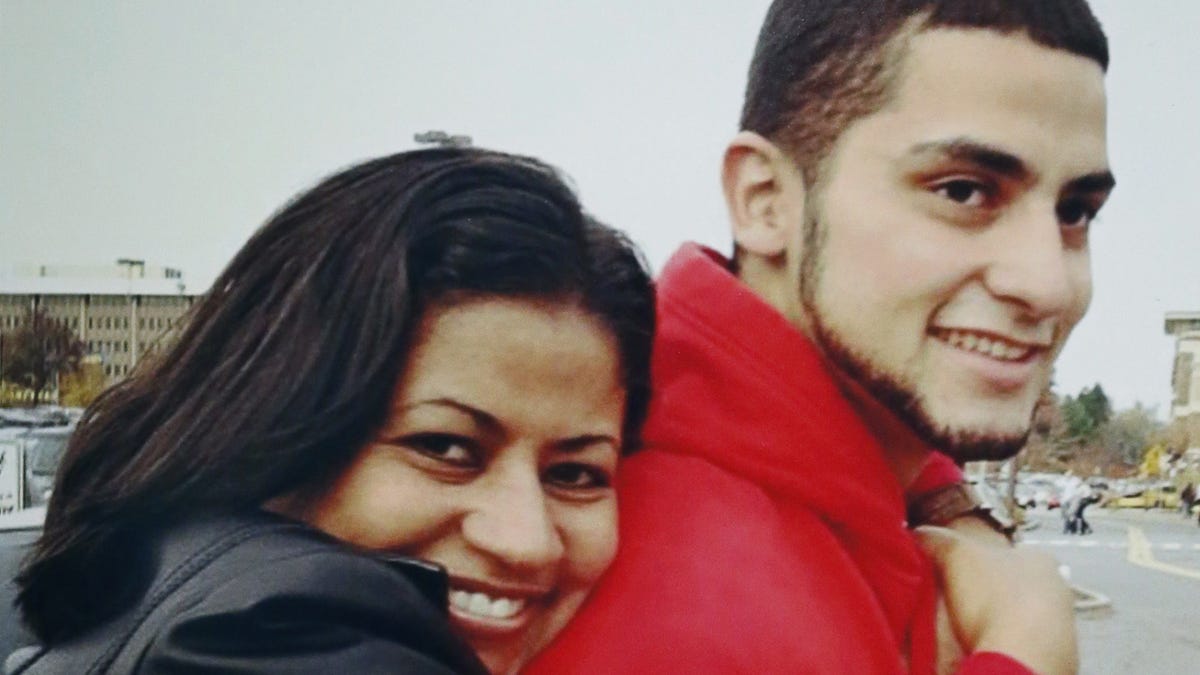[Full text]
The city of Canandaigua has agreed to pay $1.5 million to the family of a parole officer who was fatally shot by a city police officer performing a wellness check.
The settlement was finalized Tuesday, court records show.
The family of Sandy Guardiola sued the city and city police officials for the October 2017 shooting. Police and prosecutors determined the shooting was justified, and a grand jury did not bring charges against the officer, Sgt. Scott Kadien, then a 15-year veteran of the Canandaigua police force.
Kadien said Guardiola pulled a gun on him. Her firearm did discharge during the incident.
Bringing the lawsuit were Guardiola’s two children, Andrew and Alysa, and a niece who is administratrix of her estate.
“No amount of money will bring these kids their mother,” Jonathan Moore, a partner at Beldock Levine & Hoffman LLP and lead attorney for the plaintiffs, said in a statement. “But a judgment against the city and $1.5 million is at least an acknowledgment that her death should not have happened.”
The city admitted no wrongdoing with the settlement.
Kadien was responding to a “wellness” call because Guardiola had not been at work for several weeks and co-workers were concerned. As a parole officer, Guardiola also monitored individuals with mental health issues so there was reason to be worried, lawyers for the city had contended.
Guardiola contacted parole officials the day of the shooting, according to the lawsuit. She had been out of work because of injuries from a car accident and was planning to return, the lawsuit said.
U.S. District Judge David Larimer denied a request from the city to dismiss the lawsuit and questioned at a hearing whether there was possible “imminent danger” to Guardiola as the city maintained.
Kadien used a provided key fob to open an electronic lock on the apartment. Authorities say he knocked first and got no answer.
Kadien shot Guardiola three times.
At the court hearing in 2020, Larimer said he also found it “stunning” that Kadien handcuffed Guardiola, who was still alive, and that, according to the lawsuit, he called police before summoning emergency workers parked across the street. Emergency workers arrived 10 minutes later and a jury could determine that the delay contributed to her death from the injuries, Larimer said then.
A lawsuit from the family against state parole officials continues.
If it’s TL/DR, here’s my quick synopsis:
A cop is sent on a ‘wellness check’ and kills the person he’s supposed to be ‘wellness checking’ — sadly, that’s not unusual.
Police and prosecutors rule the killing ‘justified’, which is also ordinary, whether or not a killing by cop was in truth justified.
Still, the city will pay $1.5-million to settle a lawsuit with the dead man’s family.
As traditional in such matters, nobody admits wrongdoing, which suggests great wrongdoing. It sure smells like the family had a strong case, and the killing wasn’t justified in any way — except by crony police and prosecutors.
Remember, folks, if you have a problem, and somebody calls the cops, now you have two problems. Never call the police for a wellness check. I’ve heard too many tragic endings to that story.
I’d add, same rule for anyone having any form of mental health crisis.
What are other options though in the US? Are there any other services that respond to either of those types of calls?
In most places, no, but we’re working on it.
I don’t remember the particulars or have a link, but there was coverage fairly recently of someone having a mental health crisis, and the family called 9-1-1 and said, basically, ‘Send someone, but not a cop please.’ They sent a cop, who killed the family member.




